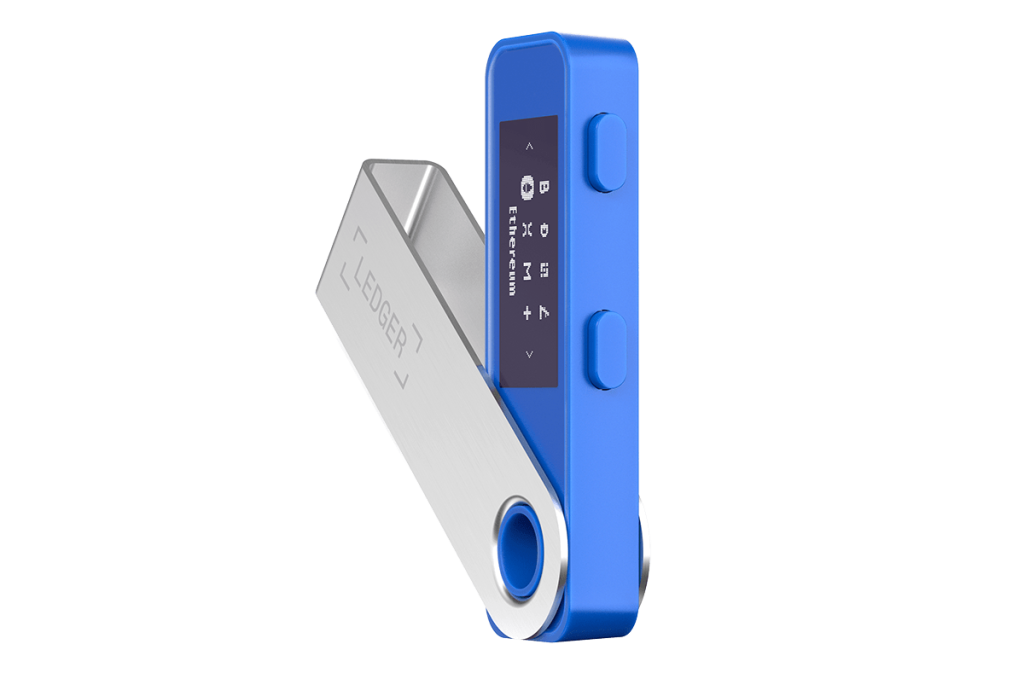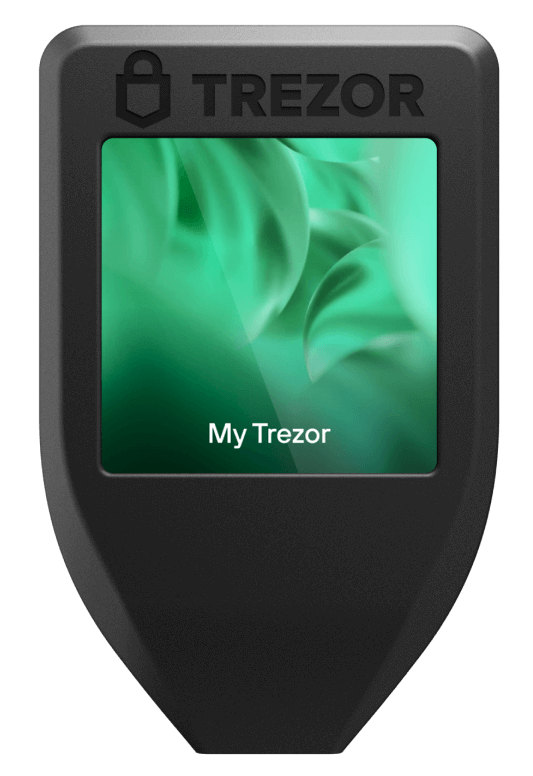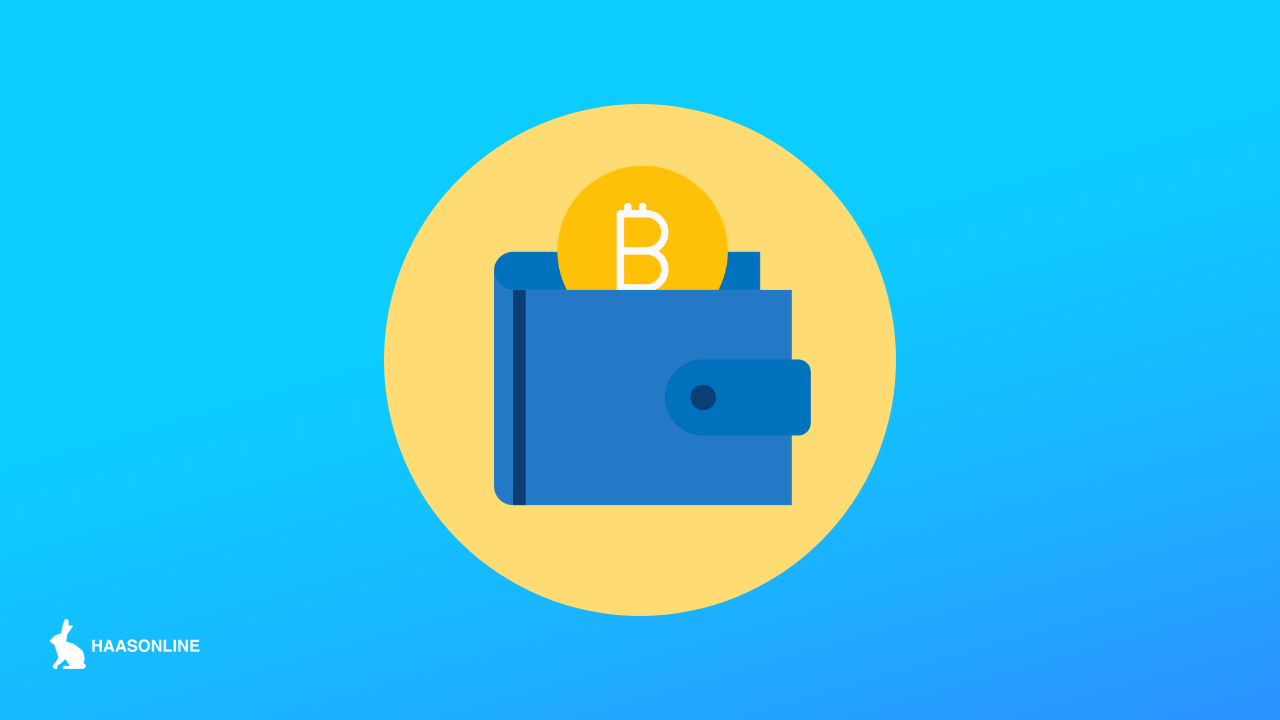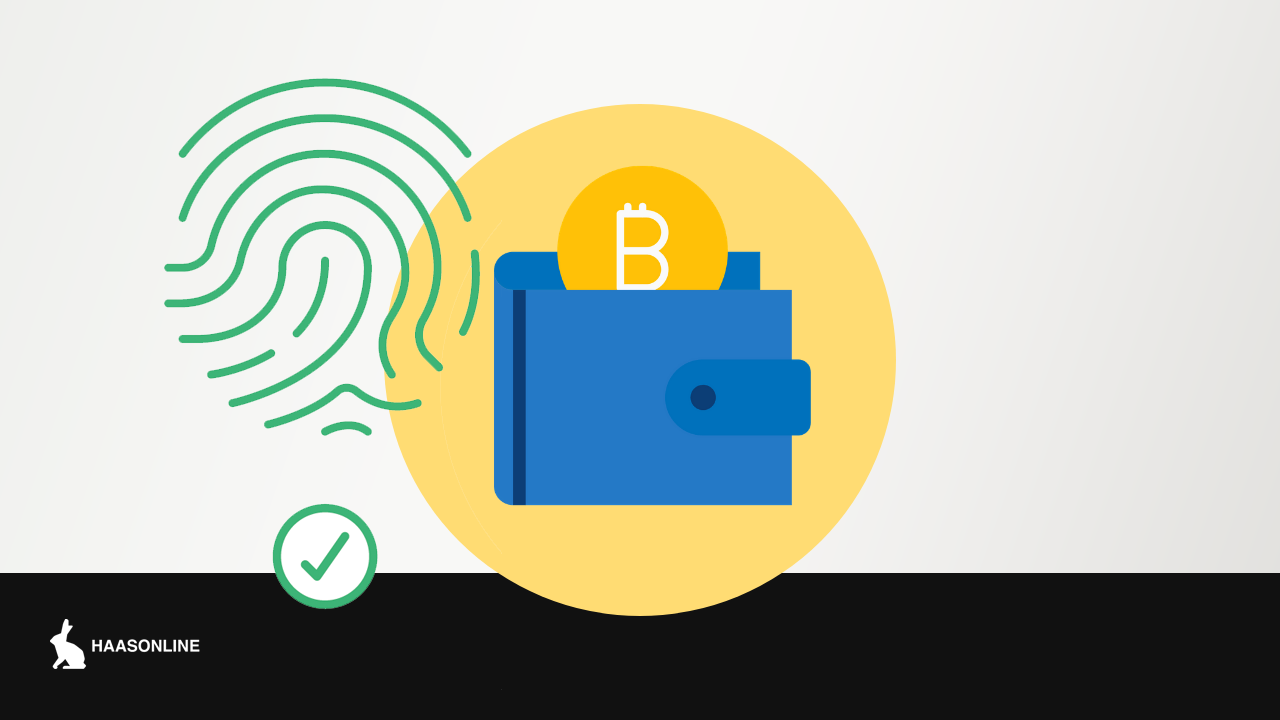Getting Started with Crypto Wallets
As a potential digital investor, you must be aware of how your assets are handled on the blockchain network. Remember the first business rule? Learn to manipulate the flow of your assets, before anything else! When we talk about crypto, proper use of crypto wallets is a pillar in managing your assets.
Despite the impressive number of people holding Bitcoin and other cryptocurrencies, the concept of crypto or digital wallet seems to be frequently misinterpreted. One issue arises from the initial response: How can a wallet store something which has no tangible presence in the real world?
Don’t jump to conclusions. In this article, we’ll provide a clear definition of what digital wallets are and explain how they operate. We’ll also go into the different types of wallets and what you should consider when choosing one for your assets.
Table of contents
What Is a Crypto Wallet?
By definition, a crypto wallet is a software program or a hardware device that enables you to store, exchange, and keep a record of your cryptocurrencies. In comparison, if you possessed a certain amount of cash, you wouldn’t walk around with it in your pocket or hand. Instead, you would look for a safe place to hold the money out of sight.
So, the purpose of holding your regular money in a wallet is practically the same for digital assets. Furthermore, digital wallets allow you to make transactions, i.e send and receive Bitcoin and other cryptocurrencies (there are multi-currency wallets as well). However, since cryptocurrencies don’t have physical representation in the real world, they can’t be physically transferred to an actual location. The blockchain industry operates on different transactional principles. Let’s see how they work.
How Do Digital Wallets Work?
As we previously implied, crypto wallets don’t execute physical transactions of coins. Instead, they serve as tools to provide transactions with the blockchain system. Crypto wallets produce the information required to receive or send altcoins through the blockchain network. The main holders of safety and the information concerning your wallet are the set of public and private keys delivered to you once you activate that crypto wallet. The keys appear in a form of a random, case-sensitive code of numbers and letters. Crypto wallets also include a wallet address, which is related to the public key in that it’s used to send assets to your wallet. The public key is a compressed version of your address to make it easier to conduct transactions.
Let’s illustrate these notions in more familiar terms. If you want to receive an email address you give the address to the potential sender to know where to address the message. Similarly, you provide or ask for the wallet address if you plan to receive or send cryptocurrencies. Private keys, on the other hand, are the password in this email analogy. You must keep them safe and share them with nobody. Once you lose your private keys, you’re no longer the owner of the account.
Therefore, the wallet doesn’t really hold your assets, but the transaction records stored on the blockchain. The Bitcoin and other coins don’t leave the network, it’s only their ownership ledgers that are transferred from one wallet address to another.
Concerning privacy, the blockchain industry is transparent in nature, so everyone is allowed to see the balance of a crypto wallet as well as the full history of previous transactions. Fortunately, the wallet address doesn’t expose the owners’ identity in any respect even though there are technically legal measures to track down the person holding a particular wallet.
Types of Crypto Wallets
A complete understanding of crypto wallets is impossible without clear differentiation between the main types available on the blockchain market. Let’s take a look.
Hardware Wallets
Hardware wallets or cold storage are physical devices resembling external drives (like a USB thumb drive) that we use to store valuable documents and photos. Therefore, in order to access your funds, you’ll need to plug the wallet into a supported device (a computer or mobile phone) and navigate through the simple software that comes with the hardware wallet. Hardware wallets are the most secure option for storing Bitcoin or other blockchain-based currencies. Your private key is kept offline and has no connection to online servers, so it’s safe from hacking attempts.
However, hardware wallets are not free. Their price ranges between $50-$200, depending on the model.
Recommended hardware wallets:
Ledger

The Ledger Nano S is a highly-regarded hardware wallet designed to securely store your cryptocurrencies. There are several features that make it a good choice for safeguarding your digital assets.
One of the main reasons you’d want a Ledger Nano S is its exceptional security. The device keeps your private keys offline and isolated from internet threats, reducing the risk of hacks, phishing attacks, and malware. It features a secure element (SE), which is a microchip designed to protect sensitive information. By using a Ledger Nano S, you can have peace of mind knowing that your digital assets are protected by industry-leading security features.
Another attractive aspect of the Ledger Nano S is its wide range of supported cryptocurrencies. The device supports over 1,000 cryptocurrencies, including major coins like Bitcoin, Ethereum, and Litecoin. This compatibility allows you to manage a diverse portfolio from a single device, catering to your needs as a crypto investor.
In terms of usability, the Ledger Nano S is designed for ease of use. It features a small OLED screen and two buttons to navigate the interface. To confirm transactions, you’ll press both buttons simultaneously, which provides an extra layer of protection against accidental transactions. This user-friendly interface makes the Ledger Nano S suitable for both beginners and experienced crypto enthusiasts.
The backup and recovery options offered by the Ledger Nano S are reliable and secure. The device generates a 24-word recovery phrase during setup, which you can use to restore your wallet if it’s ever lost, damaged, or stolen. It’s essential to keep this recovery phrase secure and private, as it provides access to your funds.
Lastly, the Ledger Nano S is compatible with popular software wallets like Ledger Live, MyEtherWallet, and MetaMask, making it easier to manage your assets across different platforms. This compatibility offers you the flexibility to use your preferred software wallet while still enjoying the security benefits of a hardware wallet.
The Ledger Nano S stands out as a secure, versatile, and user-friendly hardware wallet that offers compatibility with a wide range of cryptocurrencies. Its integration with popular software wallets adds to its appeal, making it an excellent choice for anyone looking to protect and manage their digital assets effectively.
Trezor

The Trezor Model T is a premium hardware wallet designed to keep your cryptocurrencies safe and secure. You’ll find several features that make it an attractive choice for managing your digital assets.
First and foremost, the security offered by the Trezor Model T is top-notch. It keeps your private keys offline and isolated from internet threats, minimizing the risk of hacks, phishing attacks, and malware. The device also features a secure element (SE), which is a microchip designed to protect sensitive information. By using a Trezor Model T, you can have peace of mind knowing that your digital assets are well-protected.
Another advantage of the Trezor Model T is its compatibility with a wide range of cryptocurrencies. The device supports hundreds of coins, including major ones like Bitcoin, Ethereum, and Litecoin, as well as many lesser-known altcoins. This extensive compatibility allows you to manage a diverse portfolio from a single device.
Ease of use is also a key feature of the Trezor Model T. It comes with a color touchscreen that simplifies navigation and transaction confirmation. The intuitive user interface makes it easy for both beginners and experienced crypto enthusiasts to manage their assets securely. Moreover, the device supports multiple languages, making it accessible to users worldwide.
The Trezor Model T offers reliable backup and recovery options. During setup, the device generates a 12- to 24-word recovery phrase that you can use to restore your wallet if it’s ever lost, damaged, or stolen. It’s crucial to keep this recovery phrase secure and private, as it provides access to your funds.
Lastly, the Trezor Model T is compatible with various software wallets, such as Trezor Suite, MyEtherWallet, and MetaMask. This compatibility allows for seamless integration with your existing crypto management tools and platforms, making it even more convenient to manage your assets securely.
The Trezor Model T stands out as a premium hardware wallet with top-notch security, extensive cryptocurrency support, and user-friendly features. Its compatibility with popular software wallets adds to its appeal, making it a solid choice for anyone looking to safely store and manage their digital assets.
Software Wallets
Software wallets are also hot storage as they require an internet connection to be accessed. Unlike online wallets, software wallets are apps you need to download either on your desktop or mobile. In fact, the majority of online wallet services tend to launch mobile apps (software wallet versions) in order to keep up with the dynamic lifestyle of modern generations. Furthermore, they feature considerably more sophisticated design and advanced tracking tools than web wallets. In terms of security, mobile and desktop wallets can be said to be slightly more secure since private keys are kept on your device. Yet, you should keep to the rule that large amounts of cryptocurrencies are not to be stored in hot storage.
Recommended software wallets: Exodus, Wasabi, Electrum, and Mycelium (mobile only).
Online Wallets
Online wallets are a type of hot storage which allows access from any web browser. Just like any interactive platform, you need to visit the company’s website and set up your wallet following the instructions provided on the homepage. Online wallets are free, practical, and easily accessible. However, your private keys are kept online, which makes online or web wallets an immediate and easy target for cybercriminals. So, despite the convenient navigation, we highly suggest you use this crypto wallet only for short-term purposes and limited amounts of digital assets.
Recommended online wallets: Exodus, Electrum, Wasabi, and BTC.com.
Paper Wallets
Quite an interesting fact is that paper wallets were formerly considered the most secure crypto-wallets. They are created online and printed out on paper consisting of two character strings (your private and public keys) and QR codes. However, due to the massive shift towards digital payment methods, paper wallets are treated as an outdated storage source today. Still, you can use them as you’d use a hardware wallet – keep the majority of your crypto assets there, and move small amounts to hot storage when you need it for a transaction.
If you still think that nothing is safer than keeping your private key in your actual pocket, you can count on Bitcoin Paper Wallet or Wallet Generator.
Final Thoughts
What makes a suitable crypto wallet? There is no single answer since different wallet types satisfy the needs of different customers. Don’t let the overwhelming choice of crypto wallets available today distract you from your individual intention of using crypto. Before you set off, try to answer the following:
- Do you plan to use the wallet for daily purchases or long-term investment?
- Will you focus on Bitcoin or try out less known but promising coins?
- Will you need to access your digital wallet outside your home?
- Will you trade a large amount in cryptocurrencies or start small?
Once you learn how crypto wallets work and consider their features against your personal crypto goals, you’ll realize that it’s much simpler than it appears.
We hope that you found our guide informative and more important, encouraging. We wish you a safe crypto journey!



